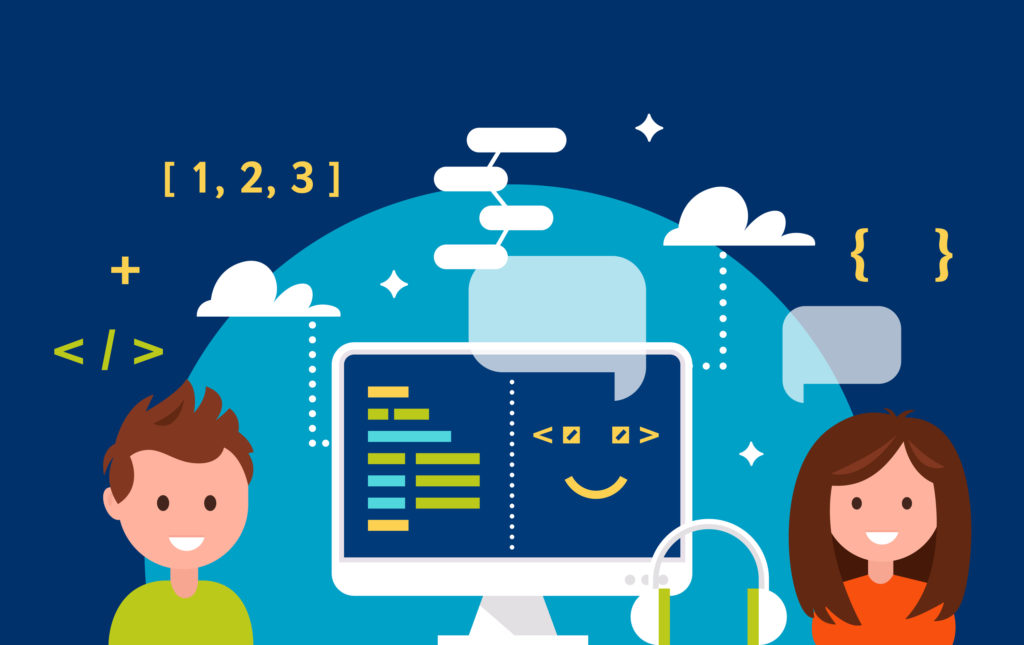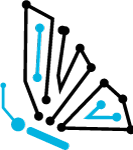It’s Time to Learn Computer Science!

From personal computers to smartphones, computer science has transformed our world. While there are more jobs for computer scientists than ever before, there aren’t enough computer scientists to fill them. A big part of the problem is that there aren’t enough computer science courses being taught in pre-university classrooms. As a result, there aren’t enough college students majoring in computer science, which means there aren’t enough computer scientists. It’s estimated that a million U.S. computer programming jobs were never filled in 2020 because there weren’t enough skilled graduates to take them.
Since 2009, Computer Science Education Week has been trying to solve this problem. A joint effort led by the Association for Computing Machinery, #CSEdWeek strives to get kids excited about computer science education and careers. This year, the theme of #CSEdWeek is #CSforSocialJustice, and will focus on the need for underrepresented students to access computer science education.
Learn more about #CSEdWeek.
Hour of Code
Do you think computer science is hard? It’s not! “Hour of Code” is a movement that encourages kids to learn the basics of coding, so they can build foundational skills in computer science and have fun doing it. These free, hour-long coding events are hosted on Code.org and take place during #CSEdWeek. Anyone can organize an hour of code event. Currently, the movement spans millions of students in over 180 countries, according to its website. This year’s Hour of Code will feature CodeBytes, interactive coding mini-lessons for virtual classrooms.
Code.org is a non-profit website supported by Microsoft, Amazon, Facebook, the Infosys Foundation, Google, and more. The website offers a catalog of free, fun courses for pre-university students. Once students learn the basics of coding, they can move onto more advanced tutorials.
Also check out IEEE TryEngineering Tuesday: Coding. Inspire, discover, explore, and share it today, with #TryEngineering.























